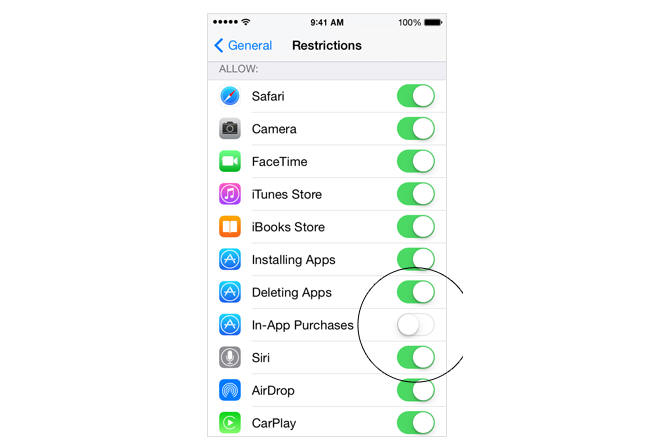By the end of September, Google will no longer label apps as “free†if they allow for in-app purchases. The change will certainly take place in Europe but is likely to affect Google users around the world.
The change is in response to agreement with the European Commission, which is especially protective of families with children who have been known to rack up bills via in-app purchases.
The change is in response to a common position agreed to buy member states belonging to the Consumer Protection Cooperation Network (CPC Network), which asked Google, Apple and European interactive companies to assure that:
- Games advertised as “free†should not mislead consumers about the true costs involved;
- Games should not contain direct exhortation to children to buy items in a game or to persuade an adult to buy items for them;
- Consumers should be adequately informed about the payment arrangements for purchases and should not be debited through default settings without consumers’ explicit consent;
- Traders should provide an email address so that consumers can contact them in case of queries or complaints.
Changes and new guidelines
According to the European Commission, Google “will not use the word ’free’  at all when games contain in-app purchases. It will also develop targeted guidelines for its app developers to prevent direct exhortation to children as defined under EU law and will “help monitor apparent breaches of EU consumer laws. The commission said that Google has “adapted its default settings, so that payments are authorised prior to every in-app purchase, unless the consumer actively chooses to modify these settings.â€
In a statement , Google said “We’ve been working closely with the European Commission and consumer protection agencies for the last few months to make improvements to Google Play that will be good for our users and provide better protections for children.â€
No commitment from Apple

Apple has added in-app purchase parental controls to iOS
Apple has not, according to the European Commission made a similar commitment. A commission press release said that  â€regrettably, no concrete and immediate solutions have been made by Apple to date to address the concerns linked in particular to payment authorisation, Apple has proposed to address those concerns. However, no firm commitment and no timing have been provided for the implementation of such possible future changes.â€
In a statement to Recode.net, Apple said that its iOS “controls go far beyond the features of others in the industry and added that they †are always working to strengthen the protections we have in place, and we’re adding great new features with iOS 8, such as Ask to Buy, giving parents even more control over what their kids can buy on the App Store.â€
In January, Apple reached an agreement with the Federal Trade Commission where it agreed to pay a mnimum of $32.5 million to settle a complaint “  that the company billed consumers for millions of dollars of charges incurred by children in kids’ mobile apps without their parents’ consent,†according to the FTC. The January settlement also required Apple “to modify its billing practices to ensure that Apple obtains consumers’ express, informed consent prior to billing them for in-app charges.â€
Existing parental app purchase controls
This page from Apple  explains how to control kids’ ability to make in-app purchases on iOS device. Android users, starting with Android 4.3, Android tablet users can now set up restricted profiles by following these steps.
Â
Article source: http://www.forbes.com/sites/larrymagid/2014/07/19/google-to-stop-labeling-apps-with-in-app-purchases-as-free/
